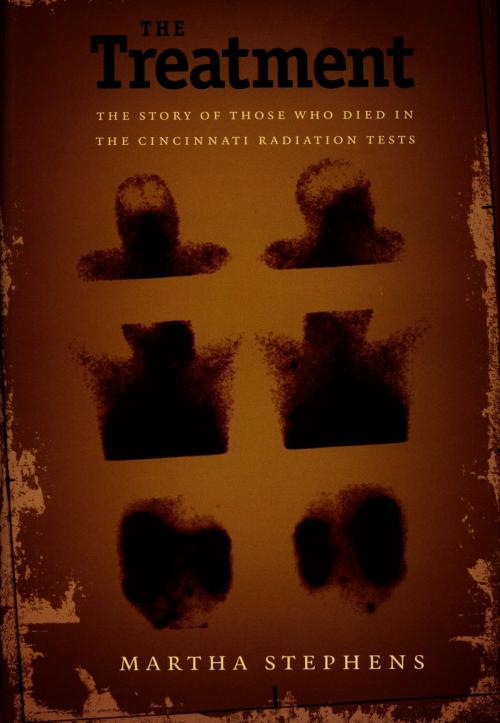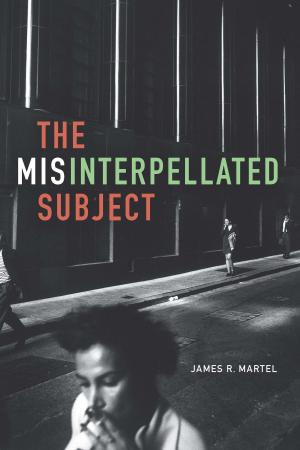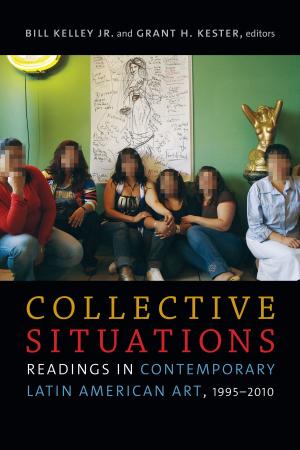The Treatment
The Story of Those Who Died in the Cincinnati Radiation Tests
Nonfiction, Health & Well Being, Medical, Reference, Research, History| Author: | Martha Stephens | ISBN: | 9780822383758 |
| Publisher: | Duke University Press | Publication: | January 2, 2002 |
| Imprint: | Duke University Press Books | Language: | English |
| Author: | Martha Stephens |
| ISBN: | 9780822383758 |
| Publisher: | Duke University Press |
| Publication: | January 2, 2002 |
| Imprint: | Duke University Press Books |
| Language: | English |
The Treatment is the story of one tragedy of medical research that stretched over eleven years and affected the lives of hundreds of people in an Ohio city. Thirty years ago the author, then an assistant professor of English, acquired a large set of little-known medical papers at her university. These documents told a grotesque story. Cancer patients coming to the public hospital on her campus were being swept into secret experiments for the U.S. military; they were being irradiated over their whole bodies as if they were soldiers in nuclear war. Of the ninety women and men exposed to this treatment, twenty-one died within a month of their radiations.
Martha Stephens’s report on these deaths led to the halting of the tests, but local papers did not print her charges, and for many years people in Cincinnati had no way of knowing that lethal experiments had taken place there. In 1994 other military tests were brought to light, and a yellowed copy of Stephens’s original report was delivered to a television newsroom. In Ohio, major publicity ensued—at long last—and reached around the world. Stephens uncovered the names of the victims, and a legal action was filed against thirteen researchers and their institutions. A federal judge compared the deeds of the doctors to the medical crimes of the Nazis during World War II and refused to dismiss the researchers from the suit. After many bitter disputes in court, they agreed to settle the case with the families of those they had afflicted. In 1999 a memorial plaque was raised in a yard of the hospital.
Who were these doctors and why had they done as they did? Who were the people whose lives they took? Who was the reporter who could not forget the story, the young attorney who first developed the case, the judge who issued the historic ruling against the doctors? This is Stephens’s moving account of all that transpired in these lives and her own during this epic battle between medicine and human rights.
The Treatment is the story of one tragedy of medical research that stretched over eleven years and affected the lives of hundreds of people in an Ohio city. Thirty years ago the author, then an assistant professor of English, acquired a large set of little-known medical papers at her university. These documents told a grotesque story. Cancer patients coming to the public hospital on her campus were being swept into secret experiments for the U.S. military; they were being irradiated over their whole bodies as if they were soldiers in nuclear war. Of the ninety women and men exposed to this treatment, twenty-one died within a month of their radiations.
Martha Stephens’s report on these deaths led to the halting of the tests, but local papers did not print her charges, and for many years people in Cincinnati had no way of knowing that lethal experiments had taken place there. In 1994 other military tests were brought to light, and a yellowed copy of Stephens’s original report was delivered to a television newsroom. In Ohio, major publicity ensued—at long last—and reached around the world. Stephens uncovered the names of the victims, and a legal action was filed against thirteen researchers and their institutions. A federal judge compared the deeds of the doctors to the medical crimes of the Nazis during World War II and refused to dismiss the researchers from the suit. After many bitter disputes in court, they agreed to settle the case with the families of those they had afflicted. In 1999 a memorial plaque was raised in a yard of the hospital.
Who were these doctors and why had they done as they did? Who were the people whose lives they took? Who was the reporter who could not forget the story, the young attorney who first developed the case, the judge who issued the historic ruling against the doctors? This is Stephens’s moving account of all that transpired in these lives and her own during this epic battle between medicine and human rights.















